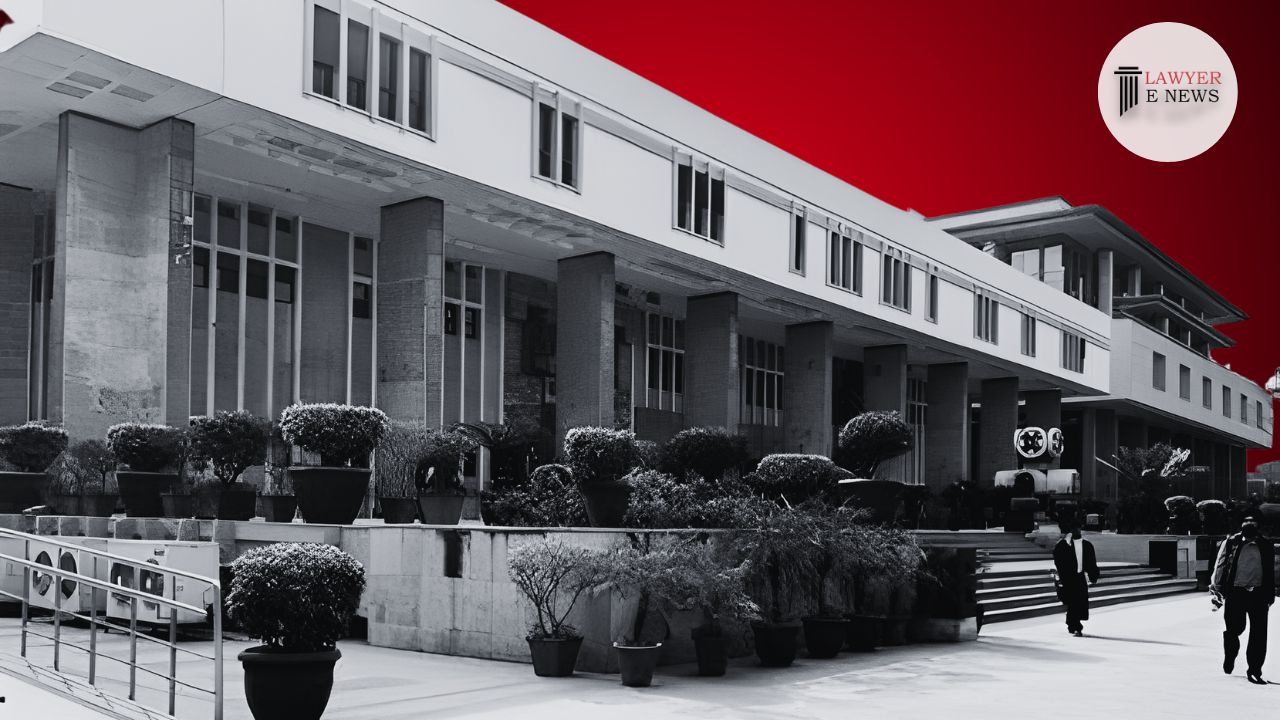-
by Admin
15 February 2026 5:35 AM



In a notable judgment delivered by the High Court of Punjab and Haryana, Justice Namit Kumar emphasized the importance of merit and suitability over seniority in government promotions. The court dismissed an appeal by Ram Mehar Singh against a junior’s promotion, affirming that eligibility and qualifications hold precedence in promotion decisions.
Legal Point and Context of the Judgment: The core legal issue addressed in the case pertains to the promotion practices within government bodies, focusing on whether seniority alone should dictate promotions or whether other factors such as merit and suitability are also significant. The case also delved into the applicability of limitation under Article 113 of the Limitation Act, deciding on the timeliness of the plaintiff's claim.
Facts and Issues: Ram Mehar Singh, the appellant, challenged the promotion of his junior, Paras Ram, to the position of Operator, asserting that the promotion violated the seniority list and lacked a legal basis. Singh’s legal battle began with a favorable decision at the trial court, which was subsequently reversed by an appellate court decision dated October 6, 1997. The appellate court’s decision was predicated on the grounds of merit and the timeliness of Singh’s claim, prompting the current second appeal.
Issue of Limitation: Justice Kumar referenced several Supreme Court rulings to underscore that the statute of limitations is crucial in legal proceedings. The court noted that the appellant initiated the lawsuit approximately ten years after the promotion order, rendering the claim "hopelessly time-barred."
Qualifications for Promotion: It was observed that promotions were contingent upon the specific requirements of the job. The promoted junior, Paras Ram, had direct experience with the relevant machinery, a qualification Singh lacked. The court pointed out that "defendant no.3 was promoted to the post of Pump Operator based on his superior knowledge and ability to maintain and operate the necessary equipment, qualifications the plaintiff did not possess."
Legal Validity of the Promotion: The court concluded that there was no evidence to suggest that the promotion order was arbitrary or illegal. Singh’s lack of regular employment during the crucial period further weakened his claim for a promotion based on seniority.
Decision: Concluding the analysis, Justice Kumar dismissed the appeal, affirming the lower appellate court's judgment that the promotion was justifiably based on merit and suitability rather than mere seniority. The court decreed, "No question of law, much less a substantial question of law, arises for consideration in the present appeal."
Date of Decision: April 20, 2024.
Ram Mehar Singh v. The State of Haryana and Others,
